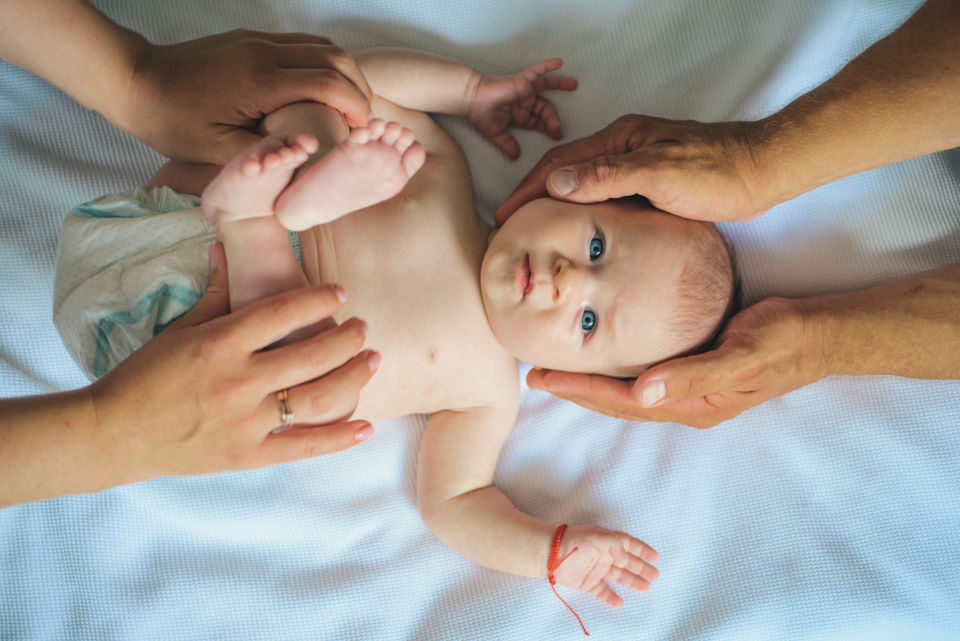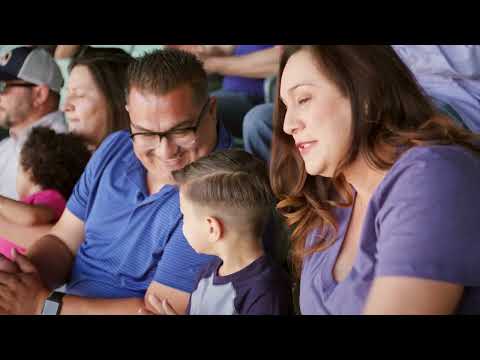Deafness and hearing loss can be detected and targeted early in a child’s development. Here you’ll learn more about the causes, the screening process, and supports.

While you are at the hospital after having your baby, your child will take a special hearing test called a newborn hearing screening. You may think a hearing test at such a young age is impossible, but these tests, which are required by hospitals in the United States, are designed to assess hearing in newborns. This nationwide initiative is to help identify babies with hearing loss as early as possible in order for them to get the early intervention support they need. You should receive the results of your baby’s screening immediately following the test. Ask your pediatrician for more information if you have any questions.
If your baby does not pass the newborn hearing screening, your baby will be referred for further follow-up testing to determine the exact needs of your child. Hearing loss is a range – some loss is minimal while other loss can be profound.
Hearing loss, or a hearing impairment, refers to a child’s inability to hear some or all sounds with the expected range for his age. Hearing loss can be caused by multiple things, including genetics and environmental exposures. Signs of a hearing loss include:
Not reacting to loud sounds
Not turning head/body to sounds (but will turn to visuals)
Delayed speech development
Not following directions
Deafness refers to the loss of functional hearing and which requires visual support to communicate and understand language. This level of impairment should be identified by the newborn hearing screening. However, if it is not, the signs to look for are similar to those above for hearing loss but most likely to a greater extreme.
Interventions and Services
There is no single intervention or type of communication that works best for every child who is deaf or has a hearing loss. Treatments can include speech and language therapy, sign language, assistive augmentative communication (such as technology that produces sounds and words for a child), or any combination of these treatments.
Unlike other conditions, infants who are deaf or have hearing loss receive support services through their local school district. Regional Centers can provide other supplemental supports, especially if there are other developmental delays. But the main support services for an infant with any type of hearing concerns are provided by the local schools. If your newborn is deaf or has hearing loss, contact your local school district right away to begin the process of receiving early intervention services for your child.
Talk. Read. Sing.®
Research shows that children learn language with American Sign Language just as they would with oral language. So, talk, read, and sing using sign language with your child. Here are some videos to get you started.
For more information on learning American Sign Language as a parent of a child who is deaf or hard of hearing, click here.
Parent Tip: As a parent, you know your child better than anyone else. If you notice anything about your child's behavior or development that doesn't seem right, talk with your child’s pediatrician about your concerns.
Click here for more information about genetics and hearing loss.






